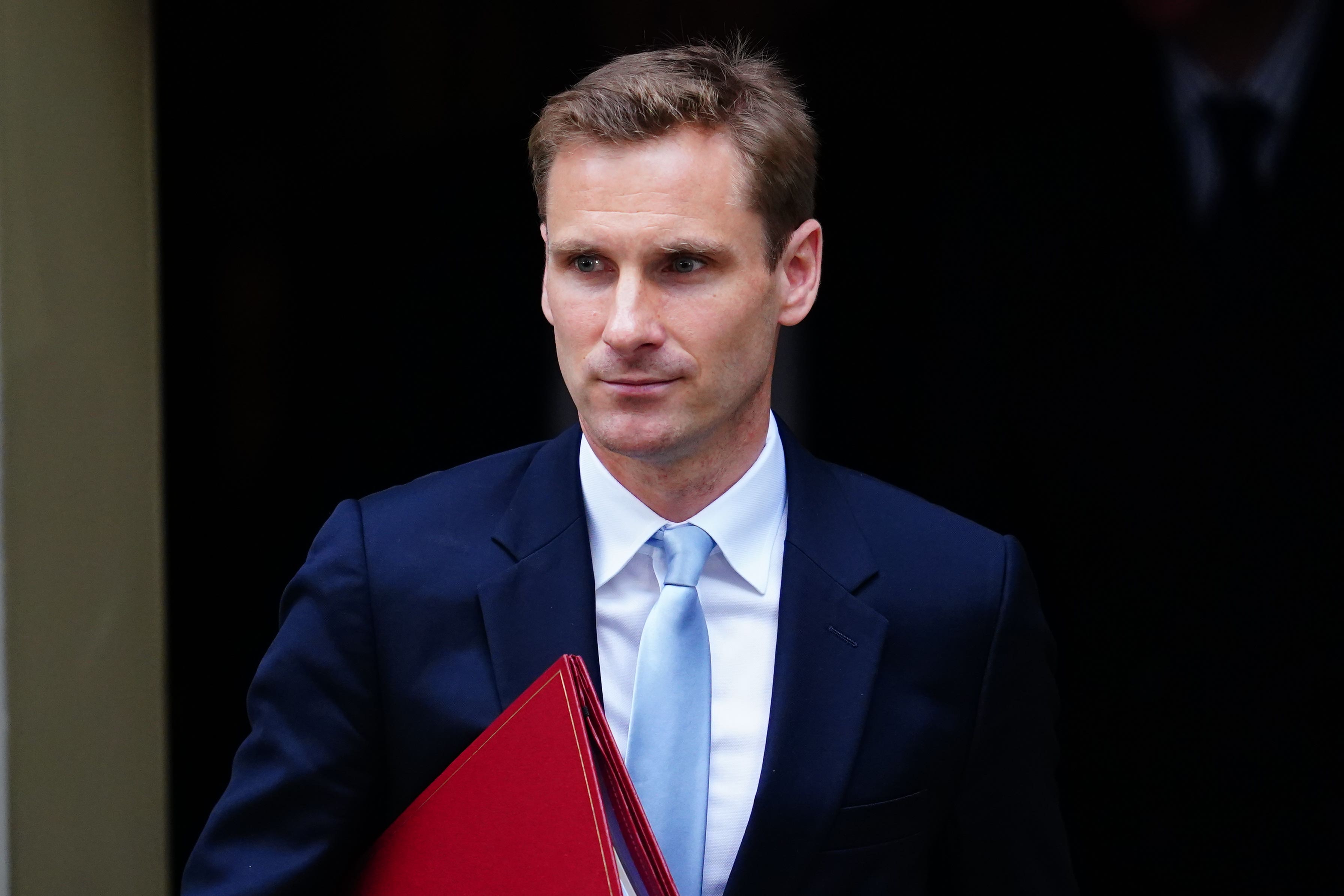Child strip-search report findings deeply concerning, says policing minister
The Independent Office for Police Conduct said it shares concerns about the ‘widespread and serious failings across police forces’.

Following safeguarding practices around child strip-searches is “vital”, the policing minister said, as a report revealing failures was branded “deeply concerning”.
Of the almost 3,000 strip-searches of children by police in recent years, more than half have taken place without an appropriate adult present, research by the Children’s Commissioner’s office showed.
Dame Rachel de Souza said the findings demonstrate “evidence of deeply concerning practice” with “widespread non-compliance” with statutory safeguards, and added that children are “being failed by those whose job it is to protect them”.
Policing minister Chris Philp said he will be taking up the findings of the report with the police.
Watchdog the Independent Office for Police Conduct (IOPC) said it shares concerns about the “widespread and serious failings across police forces”.
In her report, Dame Rachel said that, while she accepts that strip-searching children can be necessary in limited situations, it is an “intrusive and potentially traumatic power” which must be subject to “robust safeguards”.
The research, showing data for forces across England and Wales, revealed that a total of 2,847 strip-searches took place between 2018 and mid-2022 of children aged between eight and 17.
The vast majority of youngsters strip-searched were boys (95%).
About 38% of children strip-searched were black, and the report found that black youngsters were up to six times more likely to be strip-searched when compared with national population figures, while white children were around half as likely to be searched.
The report described this as a “pronounced and deeply concerning ethnic disproportionality” and Dame Rachel branded it “utterly unacceptable”.
The commissioner ordered the report after the Child Q scandal, which came to light last March.
The 15-year-old black schoolgirl was strip-searched by police while on her period after being wrongly suspected of carrying cannabis at school.
Scotland Yard apologised and said the strip-search at the girl’s school in 2020 without another adult present “should never have happened”.
Speaking on LBC radio, Mr Philp said strip-searches are necessary on occasion because drug dealers get young people to hide drugs in intimate body cavities.
“Where they get young people to do that, often it is coercive, often those young people are being exploited, and it is vital that we identify that exploitation so the young people concerned can be safeguarded,” he said.
“Sometimes the only way of doing that is to search an intimate body cavity. When that happens it is vital that it is done according to the codes of practice.
“Dame Rachel’s report identifies occasions when that isn’t happening. That deeply concerns me and I am going to be taking that up with the policing community to make sure those codes of practice are being followed.”
Charities have criticised the findings of the report as “shameful” and called for officer training to be reviewed in order to ensure young people are kept safe.
Among its recommendations, the report said the National Police Chiefs’ Council (NPCC) should publish an action plan on reforming stop and search practices, including strip-searches, of children.
It also called on the organisation to update its child-first approach to policing and publish a comprehensive strategy for ensuring that every police force takes a safeguarding-first approach to policing children.
Chief Constable Craig Guildford, NPCC lead for the ethics and integrity portfolio, said they will “carefully consider the findings” of Dame Rachel’s report.
He said it is “vital that any police interaction is handled sensitively, and that, when an officer considers it necessary to search a child, that it is carried out in line with legislation, policy, and procedure”.
He added: “We are working closely with the College of Policing, IOPC and other partners in order to inform best practice and to implement positive change wherever it is required.”
A Home Office spokesman said: “We take the concerns raised about children’s safeguarding extremely seriously. The Independent Office for Police Conduct is currently investigating several high-profile incidents of strip-search of children and it is vital that we await their findings.”
IOPC interim director-general Tom Whiting said they are working with the NPCC, Children’s Commissioner, the College of Policing and others “on issues including a lack of clarity in the legislation, the disproportionate impact of searches on certain groups, particularly black children, and the lack of regard to safeguarding of children”.
Bookmark popover
Removed from bookmarks